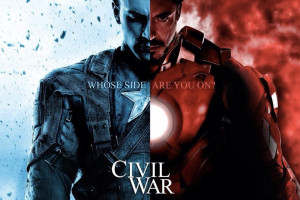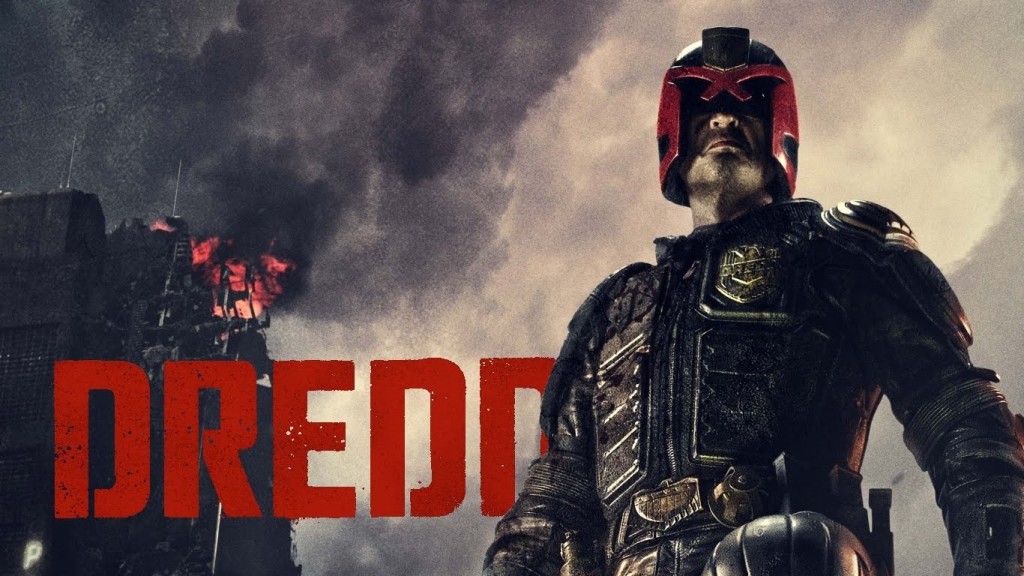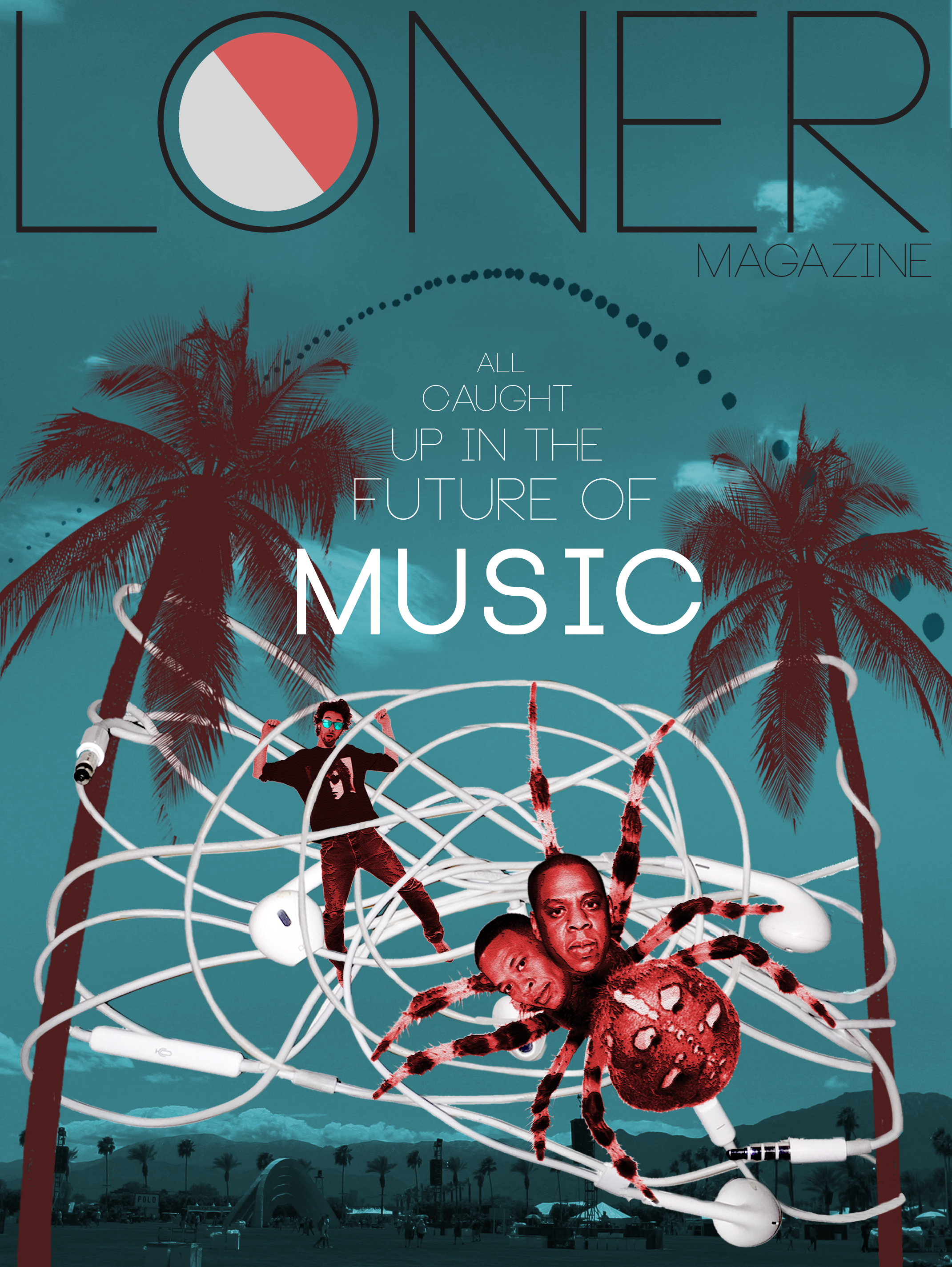There Are Too Many Super Hero Movies
*Steps on soap box*
This past week I finally had the chance to see Avengers: Age of Ultron. I had been waiting for a while to see it, and it was probably the most I have anticipated a movie in a long time. Age of Ultron was a lot of fun. After more than a year of promotions and sneak peeks, the movie delivered as a good sequel. Not better than the original, but fun.
Here’s my thing: During the past week, I have seen more online coverage for Marvel’s upcoming Captain America: Civil War and Spider-Man movie than I did for the currently in theaters Age of Ultron. It pains me to say this–it really does–but does the world really need another Spider Man? Why are we being force-fed advertising about the next movie, instead of enjoying the one that’s out? I think we are reaching a point in cinematic history where too many super hero movies are being made.
There! I said it. But before you grab your torch and pitchfork, hear me out.
 Since 2008, the Marvel Cinematic Universe (MCU) has released about two super hero films per year. The movies were financial successes and were generally agreed to be good. The MCU’s model of having interconnected story arcs between movies proved so successful that DC Comics, Fox (X-Men) and Sony (Spider-Man) are trying to adapt it to their characters.
Since 2008, the Marvel Cinematic Universe (MCU) has released about two super hero films per year. The movies were financial successes and were generally agreed to be good. The MCU’s model of having interconnected story arcs between movies proved so successful that DC Comics, Fox (X-Men) and Sony (Spider-Man) are trying to adapt it to their characters.
Now it’s 2015 and the production studios are operating at max capacity, showing no signs of slowing down. But what has changed with the movies? Generally speaking, not a lot. Marvel Studio (along with Fox and Sony) have found a lot of success in pumping out movies that are tonally and stylistically very similar. As more of these movies come out, their formula for success has become more and more apparent–guy becomes hero, fights bad guys, gets the girl, saves the day. And how does the MCU attempt to one-up their most recent success? Not by deviating from the formula of their previous successes, but by adding more action and more mildly developed characters. Due to Marvel/Disney’s creative control over all of their projects, these movies are consistent, but rarely branch out of the MCU’s comfort zone to do anything interesting. I thoroughly enjoyed these movies when they first started coming out, but now I’m afraid the trick is getting old.
In my opinion, the best movie to come out of this genre, The Dark Knight, breaks all the rules of the MCU’s formula:
(1) Unlike the Iron Man or Spider-Man sequels, The Dark Knight began with the hero fully realized, never continuing Bruce’s origin as Batman or how he is grappling with this new responsibility as a hero.
(2) The movie didn’t focus on Batman beating up bad guys. In fact, there were few physical altercations specifically between Batman and the Joker.
(3) Spoiler alert, Rachel dies and no one gets the girl.
(4) Batman doesn’t save the day, he ends the movie by taking the blame for Harvey Dent–making himself more of a martyr than a savior.
 When you get down to it, The Dark Knight was a story about corruption and chaos–not super heroes. If you read between the lines, you’ll see that Christopher Nolan made a movie about humanity and how “decent men live in an indecent time”.
When you get down to it, The Dark Knight was a story about corruption and chaos–not super heroes. If you read between the lines, you’ll see that Christopher Nolan made a movie about humanity and how “decent men live in an indecent time”.
Was it fair for Two Face to murder the cops who killed Rachel? Are the lives of innocent civilians more important than Batman unmasking himself and letting a corrupted police department catch the Joker? Was it right for Batman to use enhanced interrogation tactics (buzzword!) to get information out of the Joker?
These are the sorts of questions The Dark Knight made me ask after I watched it. In contrast, I left Age of Ultron wondering what the end credit scene meant. Not contemplating my own morality. Not considering what kind of member of society I am.
My problem with most super hero movies is that instead of being a means of legitimate storytelling, they’re selling out to be punchy popcorn flicks. Unlike Age of Ultron, The Dark Knight didn’t try to outdo Batman Begins by sloppily juggling nine main characters, but by having a thoughtful and simple story. Seeing the Joker quietly turn Harvey Dent into Two Face in a hospital bed was more exciting than any car chase, fist fight, or CGI special effect that I saw in Age of Ultron.

I don’t have a problem with punchy popcorn flicks. One of my favorite super hero movies was Dredd. The difference between Dredd and Age of Ultron, though, is that Dredd knew exactly what kind of movie it was. Where Age of Ultron spread itself thin trying to be funny, smart and action packed, Dredd picked a side and gave the audience wall-to-wall action. Sure Judge Dredd is a hyperbolic personification of law enforcement, but do you think the director didn’t know that? The makers of Dredd played the hand they were dealt, and it was magnificent.
When the MCU forces all of their movies to look and feel the same, they are robbing audiences of creative works that are true to their characters. I don’t want to see a movie about Captain America that feels like a sequel to Iron Man. Unfortunately, the MCU is more apt to release a profitable movie that fits within its established universe than allowing directors to make the movie they want to make. It is this reason that led Edgar Wright to leave his almost 10-year brainchild, Ant Man. Granted, Edgar Wright’s Ant Man may not be a financially “safe” option for the MCU, but it is more fascinating than anything we will be seeing in theaters.
*Steps off soap box*
